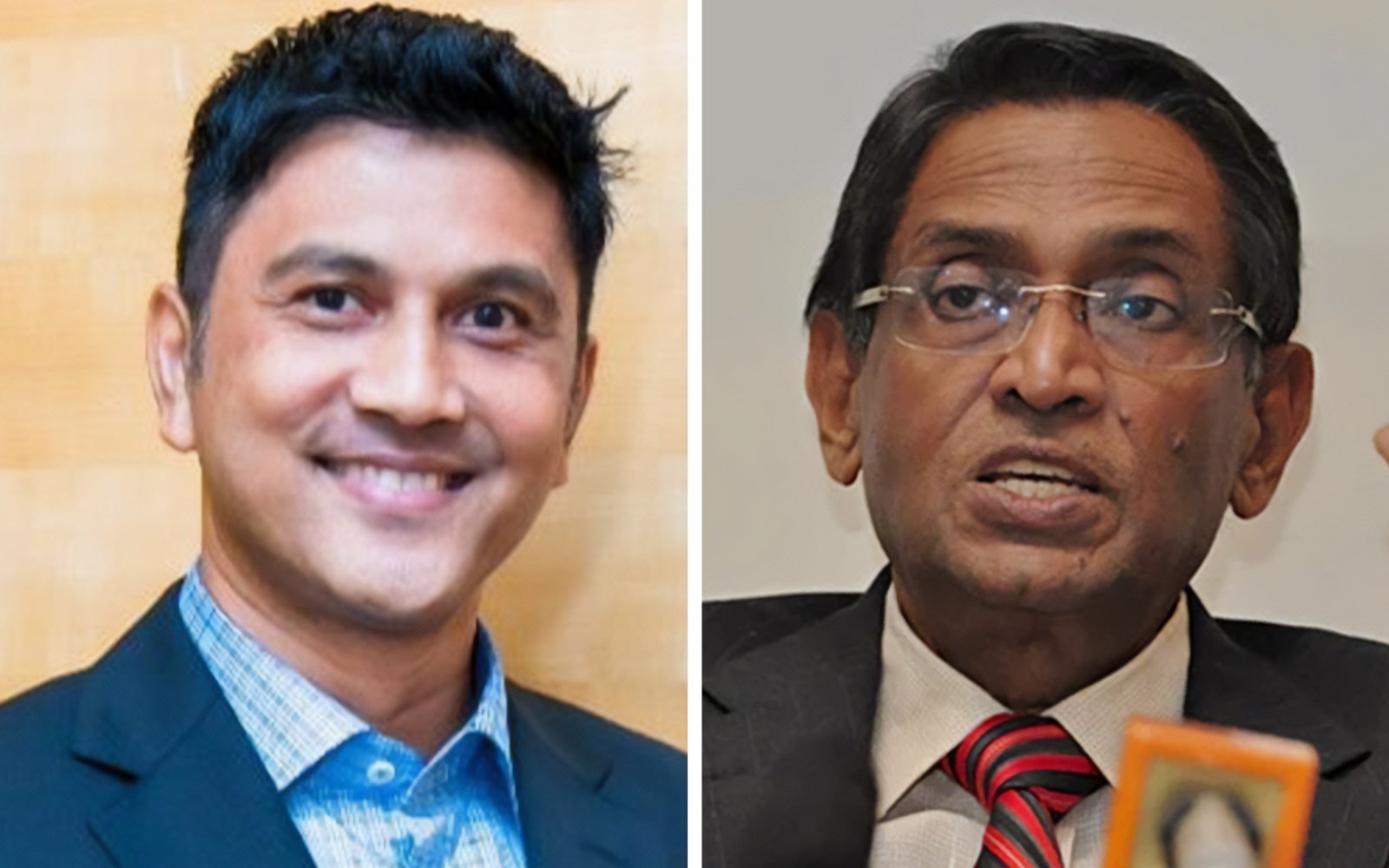
PETALING JAYA: A former health minister, Dr S Subramaniam, has criticised attempts to do away with a parallel pathway programme for medical specialists as a retrogressive step at a time when Malaysia needs a four-fold increase in the number of specialists.
Subramaniam, under whose watch the programme was rolled out, said the initiative introduced in 2016 had been highly successful in producing the much-needed specialists. He said the other route to become specialists, via a master’s degree from local universities, is not enough to produce the numbers needed.
“Recently, a group of doctors within and outside the Malaysian Medical Council have raised a furore by suggesting that the parallel programme should be discontinued and specialisation be limited to the master’s programme.
“I feel this is a retrogressive step because the master’s programme is not providing enough slots for the number of students who want to specialise. The process to enter the programme is also so complicated,” he told FMT.
In an FMT report yesterday, senior doctors criticised the MMC’s refusal to recognise specialists graduating under the parallel programme. They claimed the MMC had rejected the applications of eight cardiothoracic surgeons and 100 family medicine specialists despite repeated requests from the health ministry.
Subramaniam, who is a practising dermatologist, said the number of places offered by local universities for the master’s programme was not in tandem with the number of doctors wanting to specialise.
“At one stage, only a total of 300 seats were offered by all the colleges. We increased it by 100 every year for all specialties. This was a long-winded process to increase the number as it was controlled by the universities, ministry and public services department, which provides the scholarships.
“So, I aggressively supported the PPP. We visited the royal colleges and signed many memoranda of understanding to ensure that there could be better cooperation to ensure quality and produce more specialists.”
The former minister said despite the PPP requiring self-funding or personal loans for doctors to finish their training in royal colleges in the United Kingdom, Australia and Canada, among others, it was successful in producing quality specialists with a shorter waiting time.
Before this, it sometimes took years for doctors to get into the programmes of their choice, Subramaniam said.
“This was a major stumbling block and many of them became frustrated and went overseas to pursue their careers. We lost many good doctors as a result. Now, the PPP is a great alternative to pursue their career in the country with quality training. I hope some kind of consensus can be reached among the various bodies to reconcile the two programmes as both are needed badly,’ he said.
A senior healthcare advisor and business consultant expressed his dismay at the position taken by the MMC on this matter. S Suriaghandi said it was very regressive and irresponsible of the MMC to not allow these specialists to be registered and listed in the national specialists register despite appeals from the ministry.
“How can Malaysia allow the waiting list for open heart surgery to go up to one year, especially for patients in the B40, as claimed by senior doctors? How can we allow two of these patients to die every week? It is just not acceptable.”
Suriaghandi said he was puzzled that specialists from the PPP were recognised in Singapore, Brunei, Hong Kong and the UK, yet the MMC did not want to recognise them.
He said the ideal ratio is one specialist for every 2,000 citizens, but Malaysia has a 1:10,000 ratio, with 17,000 specialists in primary care to serve the population of 34.5 million.
“The government must force an answer from the MMC on this matter or we will lose these specialists to other countries and exacerbate our shortage,” he said. - FMT



No comments:
Post a Comment
Note: Only a member of this blog may post a comment.